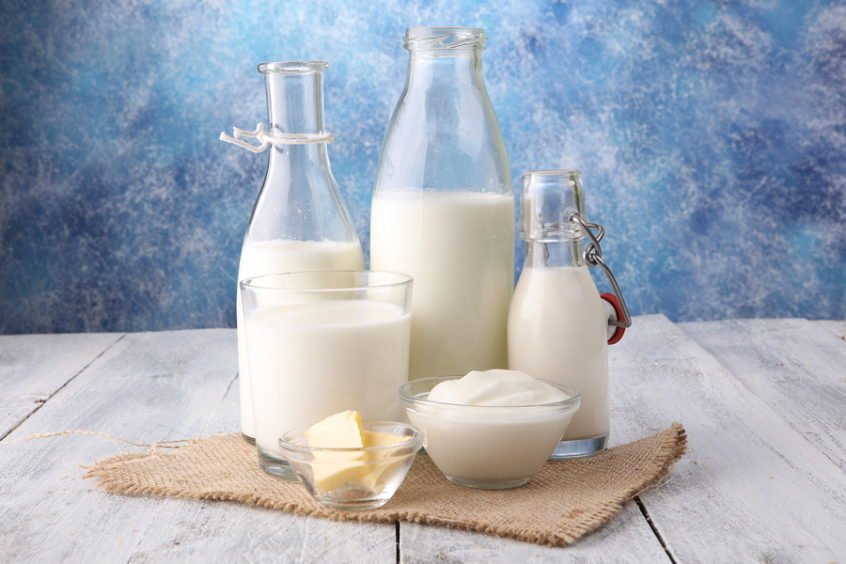What is it specifically about dairy that causes inflammation? Sugar? Is it what the cow eats? These questions were recently posed to me on my Facebook page. I thought it was worth sharing again.
The simple answer is – yes! But it’s more complicated than that, and dairy isn’t always inflammatory for everyone. The dairy food group contains a mix of foods: yogurt, butter, cheeses, etc. All of them have a different protein structure and each will elicit a different immune response. We see this specifically when using the MRT® to measure mediator inflammation response.
Even though the sugar in dairy will cause people pain such as gas and bloating, that isn’t necessarily a sign of inflammation but rather lactose intolerance. Without the enzyme lactase to break the sugar down into glucose and galactose, the milk sugar sits in the intestine and ferments. Gas!
The naturally occurring anti-inflammatory properties of milk such as omega-3s are much more prevalent in grass-fed cows – the food cows are intended to eat. So yes, what the cow eats matters.
There has been significant research and debate in the past couple of decades over the beta-caseins in milk being linked to chronic disease. The A2 beta-casein is the original protein in cow’s milk from centuries ago. The more recent breeding of cows designed to target large volume milk production has caused an increase in the A1 protein. Consumption of A1 milk has been associated with heart disease and Type 1 Diabetes specifically.
The other hot debate around dairy is the use of bovine growth hormones to increase milk production. Some swear there is no trace of any hormones in the final milk products but yet many other national organizations outside of the US ban hormone use in cows. Personally, I’m not going to wait for the jury to hash it out; I avoid all dairy that has come from cows treated with rbGH.
The milk we drink today is nothing like the milk from the farm. Pasteurization destroys all naturally occurring enzymes and water-soluble vitamins. It also kills the bacteria – both the good and the bad. The good bacteria in milk directly supports the immune system. The bad bacteria indirectly support the immune system because it exposes our bodies to low levels of bad bacteria so that we keep a strong and steady supply of anti-bodies to improving our response to bad bacteria exposure.
The other alteration of milk today is homogenization. Changing the structure of the fat molecules forces them to be absorbed and processed with difficulty in the body. Some studies have linked increases in cytokines and C-Reactive proteins in people who drink milk. But I suspect they are testing pasteurized and homogenized milk in these subjects.

